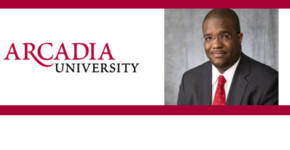Category: Music
-
Pablo Palomino, Oxford College of Emory University – Latin American Music
On Oxford College of Emory University Week: Music can give an area a cultural identity. Pablo Palomino, assistant professor of Latin American & Caribbean studies, details one region where it has become a powerful symbol. Pablo Palomino is a cultural historian of modern Latin America. He is Licenciado from the University of Buenos Aires and…
-
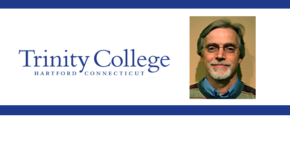
Dan Lloyd, Trinity College – Music As The Language of the Brain
On Trinity College Week: Does your brain speak in music? Dan Lloyd, professor of philosophy, discusses how repetition is shared between the language of music and our brains. Dan Lloyd wonders how our gray and squishy brains could be the location of the symphonic kaleidoscope of human consciousness. For centuries this question was the province…
-

Jason Corey, University of Michigan – Favorite Songs
How many times have you listened to your favorite song? Jason Corey, associate professor of music at the University of Michigan, examines why people can keep listening to same song over and over. Jason Corey teaches courses in sound recording, timbral ear training, and musical acoustics, and is active as a recording engineer focusing primarily…
-
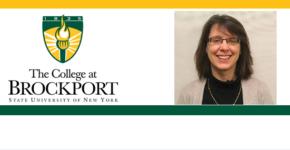
Natalie Sarrazin, SUNY Brockport – Do Indians Care About Western Music?
Western music has an interesting position in Indian society. Natalie Sarrazin, associate professor of ethnomusicology and music education at SUNY Brockport, determines Indian youth find western music online, but their culture is making the shift slowly. Natalie Sarrazin holds a Ph.D. in Ethnomusicology from the University of Maryland, College Park, and a Master’s degree from…
-
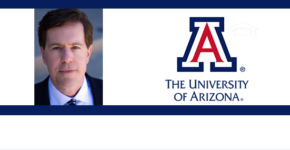
Brian Moon, University of Arizona – Music, Data & Algorithms
Can raw data change how we listen to music? Brian Moon, assistant professor of music at the University of Arizona, discusses how the industry is using numbers and algorithms to shape the songs of the future. Brian Moon is a musicologist who specializes in America’s music. He attended Emory University where he earned a Bachelor…
-
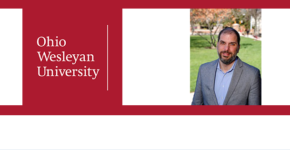
David Caplan, Ohio Wesleyan University – Is Hip-Hop Poetry?
Would Garrison Keillor read hip hop lyrics on The Writer’s Almanac? David Caplan, professor of English at Ohio Wesleyan University, discusses whether hip hop is poetry and whether it should be more broadly recognized for its skill. David Caplan is the Charles M. Weis Chair in English and the Associate Director of Creative Writing. His…
-

Joshua Reiss, Queen Mary University of London – Origins of Auto-Tune
Auto-Tune rules today’s Top 40 airwaves. Joshua Reiss, reader in the school of electronic engineering and computer science at Queen Mary University of London, says the origin of this technique came from an unlikely place. Dr. Joshua D. Reiss (member IEEE, AES) was born in 1971, and is a Senior Lecturer with the Centre for…
-
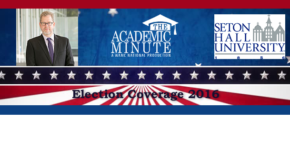
Paul Christiansen, Seton Hall University – Campaign Songs
Political candidates are marketed to voters using the magic of music. Paul Christiansen, associate professor of music at Seton Hall University, delves into the way music is used to sway the public one way or the other. Dr. Paul Christiansen is a musicologist specializing in Czech music and music in political advertisements. He recently completed…
-

Henna-Riikka Peltola, University of Jyvaskyla – Sadness in Music
Sadness might not be a negative emotion when it comes to music. Henna-Riikka Peltola, university teacher in the department of music at University of Jyväskylä, discusses how emotions are never as simple as sad or happy. Henna-Riikka Peltola graduated from secondary school in Savonlinna art high school in 2002. After high school, he continued his…

